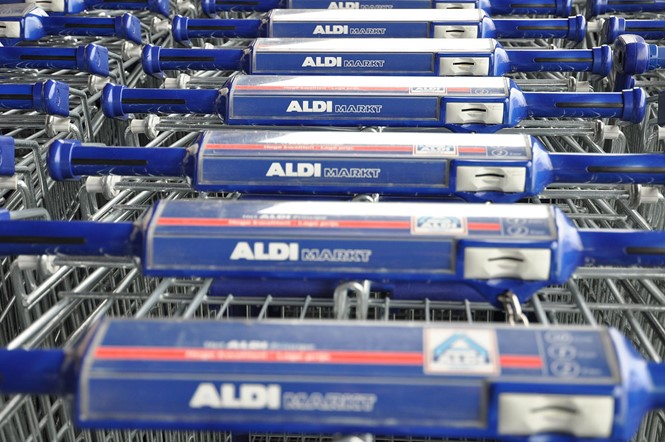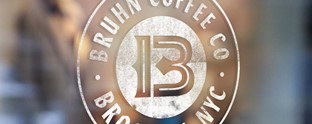Less is more

In a world where consumers are inundated by brands offering similar products and services, it’s difficult to rise above the competition. Simplicity is the answer according to Siegel+Gale, a global brand strategy firm, who says a simple brand resonates with customers and creates brand loyalty.
Siegel+Gale ranks the best simple brands in its annual Global Brand Simplicity Index (GBSI), and released the findings of its latest report in January. The index critiques brands on a global and regional scale with online polls of over 14,000 consumers in nine countries. In the survey, the participants ranked a total of 857 brands and answered questions about how familiar they were with specific brands, if they recently used the brands and the simplicity of the brands’ communications in relation to its competitors.
According to the report, a hefty $86 bn is lost when brands don’t embrace simplicity. But dropping the perception of being complex is not easy. In order to be seen as simple, a brand needs to be easy to understand, transparent, innovative and useful to its customers.
Globally, 64% of consumers are willing to pay more for simpler experiences, and 61% are more likely to recommend a brand if it’s simple.
For the fourth year running, Aldi has cemented its number one position in the global simplicity index with its consistent store layouts and stress-free customer experiences. Upsetting an established supermarket sector, Aldi has launched itself to the top with its low-frills model and customers’ confidence in its clear pricing. Lidl, boasting low prices without sacrificing quality, ranks second. A consumer comments on the discount supermarket, “Its brand effort is simplicity in retailing,” and cites that its success stems from direct advertising and communications with customers. Also securing their places in the top 10 are well-known names, the likes of Google, Netflix, Amazon and YouTube.
Two disrupters – Dollar Shave Club and Jet.com – are emerging brands who were bought by established industry companies, Unilever and Walmart respectively. Evolving from its viral launch video that took social media by storm in 2012, Dollar Shave Club has since sold a unique brand experience that conveys exclusivity and simplicity in its playful home delivery of shaving products. After adopting the simple approach, both brands boast high consumer satisfaction and billion-dollar price tags.
Social media companies, WhatsApp, Facebook and YouTube, take the top 10 spots in the Middle East region, however the social media sector holistically ranks poorly elsewhere in the world, especially in the United Kingdom and Germany.
In the same vein, Yahoo! has been on the decline since 2015, despite its acquisitions of Tumblr and BrightRoll, and has fallen 37 places in the global index, indicating it is out of touch with consumers. Although its saving grace is its consumers’ affinity for the internet giant and familiarity with its search engine, it will need to rethink its brand strategy if it wants to be seen as simple. Following Verizon’s takeover of its core internet services in early 2017, it perhaps offers a more hopeful outlook for its ranking in future Siegel+Gale indices.
Taking the bottom 10 spots in the global index are the likes of Hertz, Avis and Bupa, with AXA, the global insurance provider, in last place for the second year in a row as the most complex brand, with consumers stating that its product pricing is “inconsistent” and “opaque.” The insurance sector itself, along with the travel and car rental and cable industries, is infamous for its complexity and lack of clarity with consumers, and unfailingly lands in last place globally. Not too far ahead are the fitness, utilities and social media sectors, signaling there is space to simplify in these industries.












